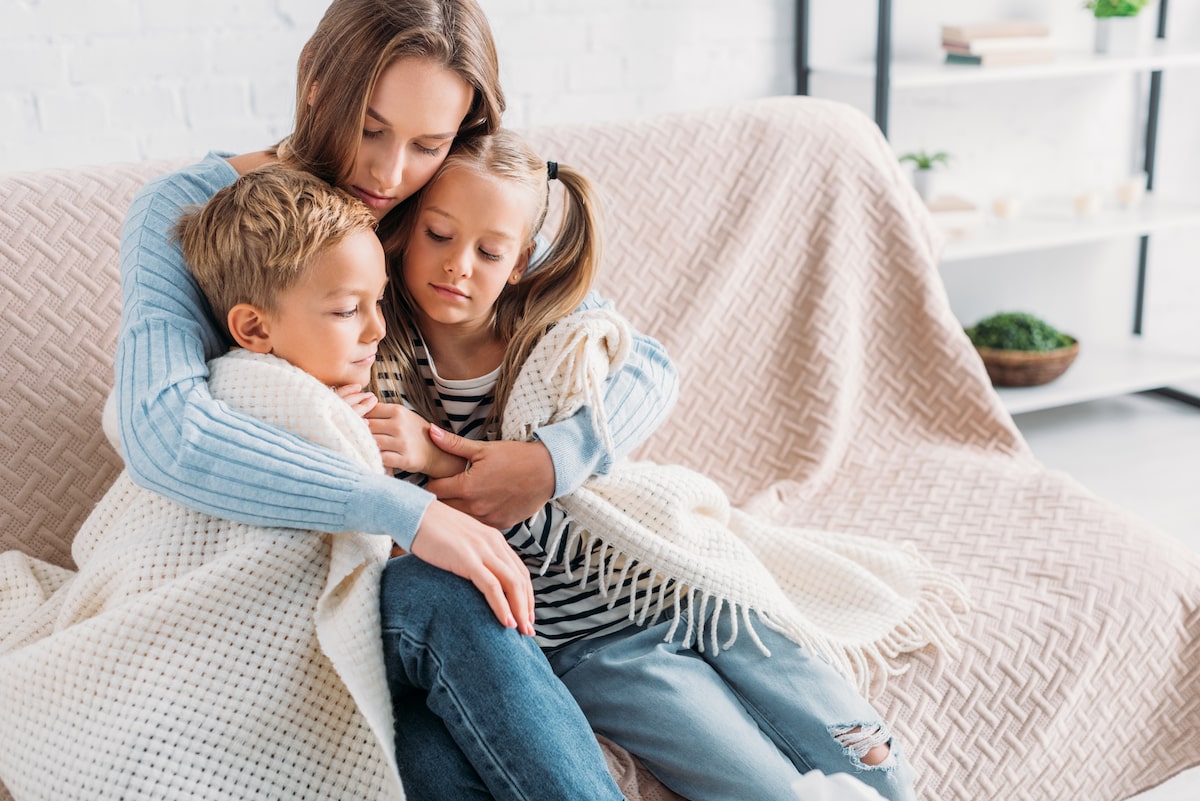Last Updated on March 3, 2024
When you find out your child has cancer, it’s normal to experience a sense of helplessness – but it’s crucial to know that you’re not navigating through this journey alone. The challenges posed by cancer can be overwhelming, and in facing them, it becomes essential to identify individuals in your life who are willing to invest considerable time, energy, and emotions to ensure that you and your family are OK. Assistance will always be necessary, and there are friends, social groups, and loved ones ready to go above and beyond for you at a moment’s notice.
Barbara Haramis is the founder of the Childhood Leukemia Foundation. She founded the charitable organization based on a simple principle: supporting children and their families as they battle cancer. Her organization provides children with simple pleasures that make going through their cancer journey a little bit easier, while also sharing their insights online through blogs.
Today, Barbara is offering her advice on navigating the sensitive subject of caring for yourself during a child’s cancer diagnosis.
“Feel free to reach out; more often than not, people are genuinely eager to aid those in need, especially those they care about,” says Barbara. “It can be easy to worry about being a burden, but don’t let yourself feel that way. You need to embrace support when it’s offered. Dealing with cancer is tough, and seeking the help you need may be challenging but it’s also necessary.”
Caring for yourself

- Don’t feel pressured to engage in activities that don’t align with your needs. If those around you seem inconsiderate and don’t respect your need for space, it’s OK for you to take a break from that relationship.
- Release any guilt associated with distancing yourself from people who may not fully grasp or acknowledge your situation. You deserve to have a circle of people who truly support you.
- Take time for self-care when you can. Your child needs you, but you can’t serve them if you’re not sleeping or eating properly. It isn’t a selfish act to do what’s necessary to keep yourself healthy.
The individuals who extend unsolicited help are the ones who are truly invaluable. When you go through traumatic events like this, your true friends are revealed. If someone becomes distant, they might fear the potential pain of losing someone close and may not know how to offer assistance. Communicate your needs to them.
“I know it can feel very overwhelming to realize your child is going through something very traumatic and difficult,” says Barbara. “But building a proper circle of support is going to be vital to getting through this difficult time.”
Over time, as people learn more about what you need, you can help them by voicing requests: “If you could prepare dinner for us one night this week, it would be a tremendous help.”
“Be specific about preferences or dietary restrictions. Listening to your friends and understanding their needs is crucial for effective care,” says Barbara. “Working alongside them, attentively responding to their needs, and doing your best to help are vital components of genuine support.”

